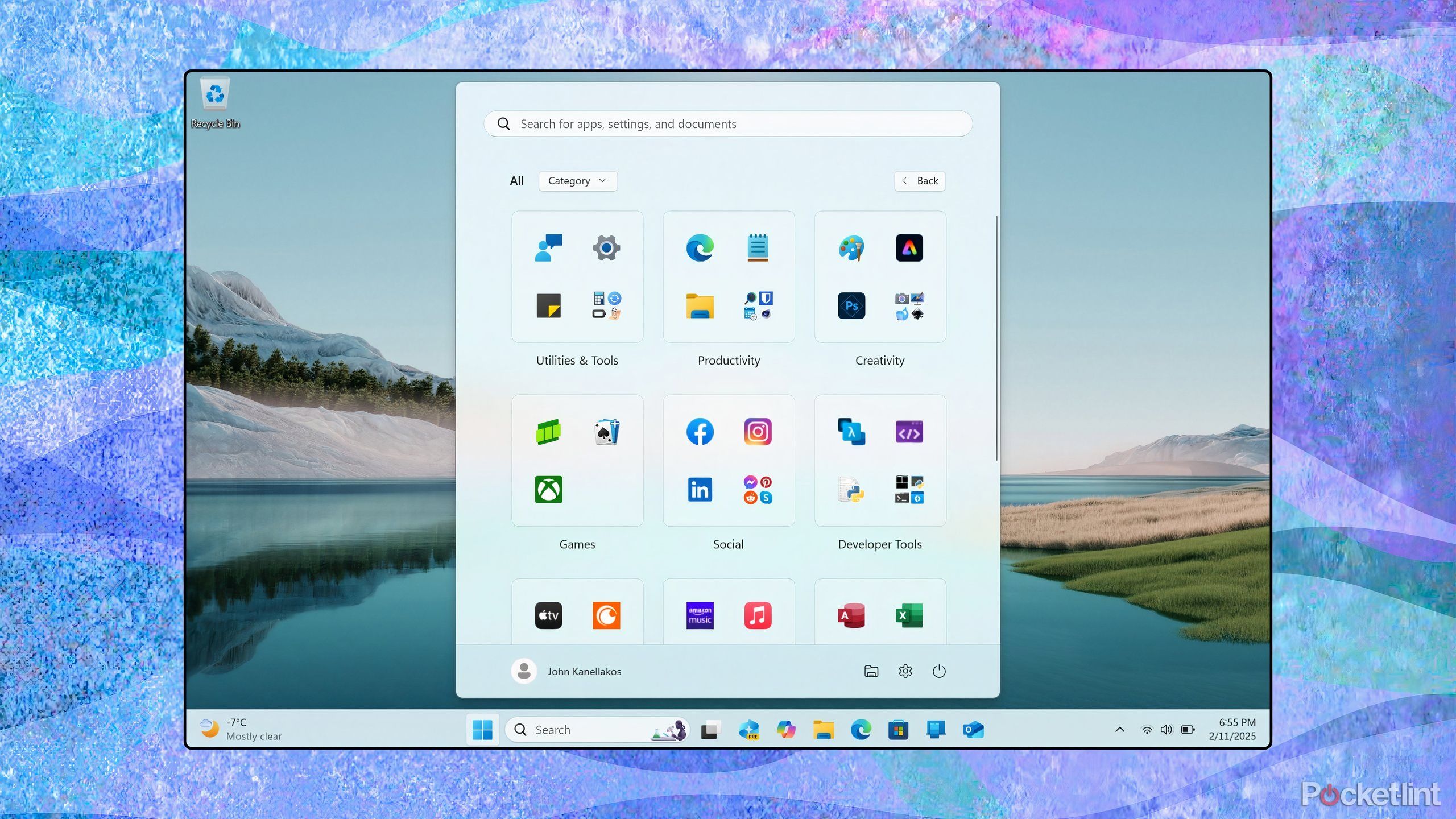Google has a new idea for tracking us across the web
If there’s one thing Google is good at, it’s tracking people across the web and using the resulting connections to serve them with ads. It’s how the company generated $65.1 billion in revenue during Q3 2021 alone, a 41% rise over the previous year.
But keeping that business going is tricky and governments around the world – egged on by Google’s many competitors and enemies – are starting to look sceptically at the business of constant surveillance to serve marginally more useful ads.
Google’s initial response for FLoC (Federated Learning of Cohorts), a controversial project that sought to continue to give advertisers the same level of information but in an anonymised form, or at least that was the plan. The proposal was part of Google’s Privacy Sandbox Initiative.
Google Topics
The new company’s new idea, detailed in a blog post and on GitHub, is called Topics.
In essence, the plan is to group the web into 300 topics (expanding as the programme rolls out) and when users hit one of those topics, their ID is associated with those. It’s a neat idea and one that could actually work.
Of course, there are a lot of questions that remain about the exact implementation and some privacy advocates were none too keen. Peter Snyder, who works for privacy-focused browser Brave, said that “[a]t root is Google’s insistence on sharing information about people’s interests and behaviors with advertisers, trackers and others on the web that are hostile to privacy.”
Google says the groups are fairly innocuous – things like travel or fitness – and won’t be based around sensitive, personal topics. The Topics themselves are kept for three weeks and then deleted.
Only time will tell what the response will be to Topics and Google hasn’t yet begun rolling out the service, which will give researchers more time to understand how it works and the pros and cons.
These are the best privacy tools and anonymous browsers around today




